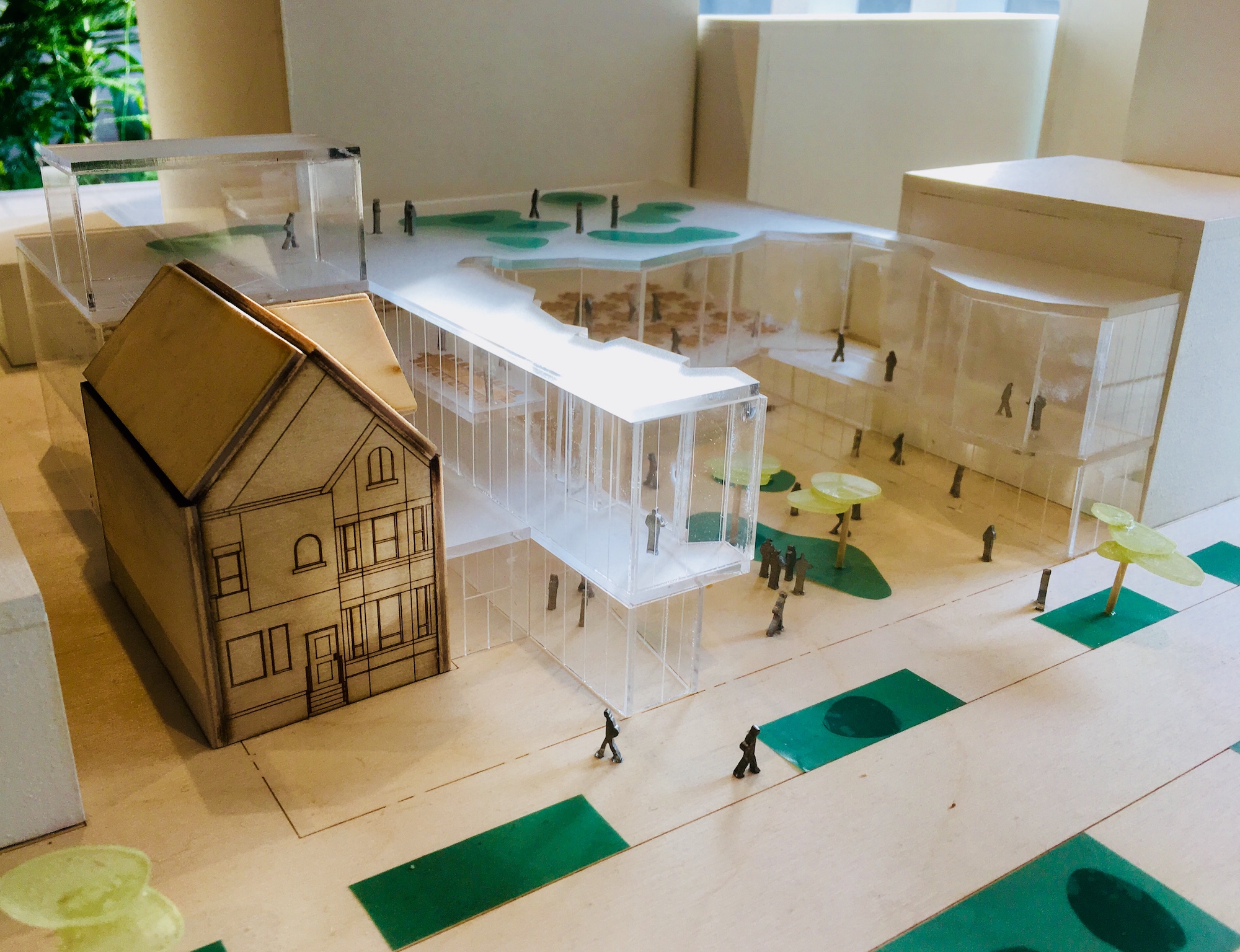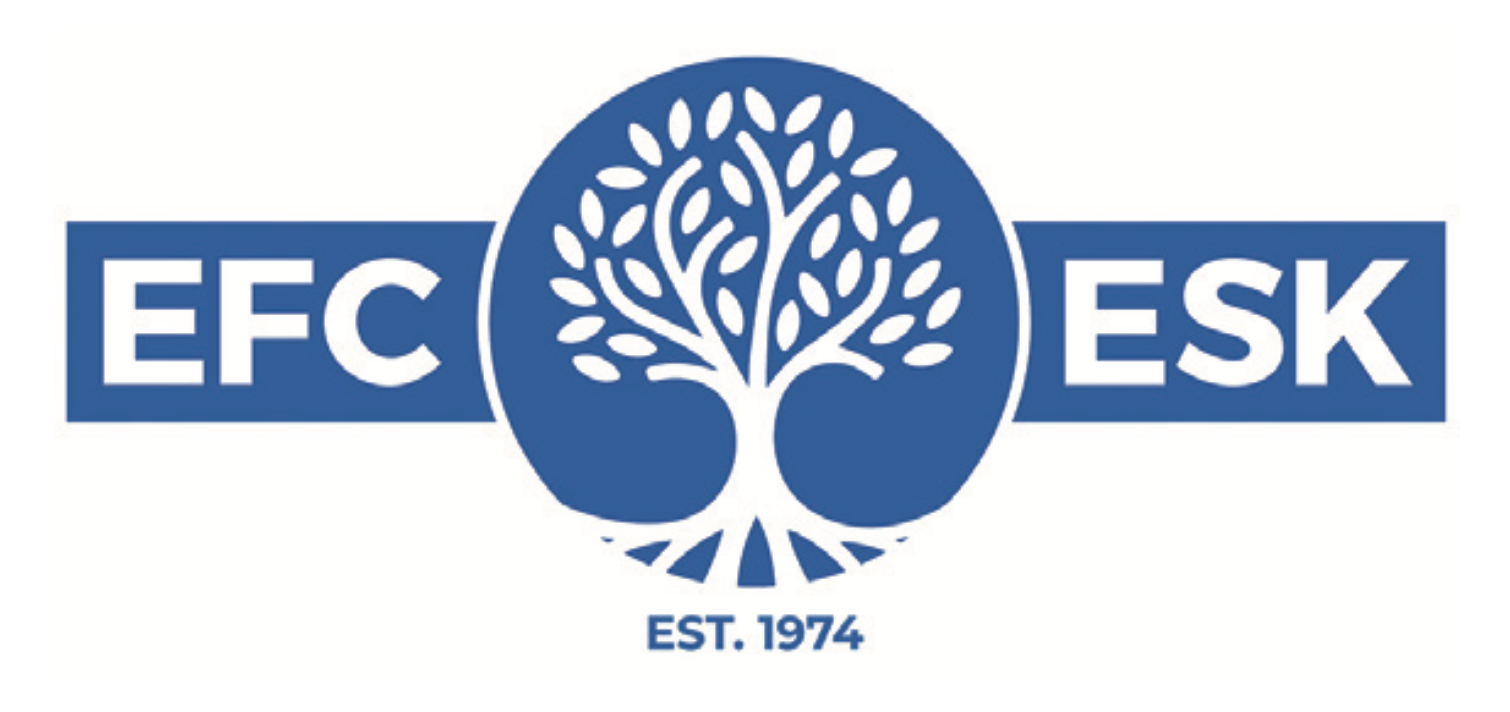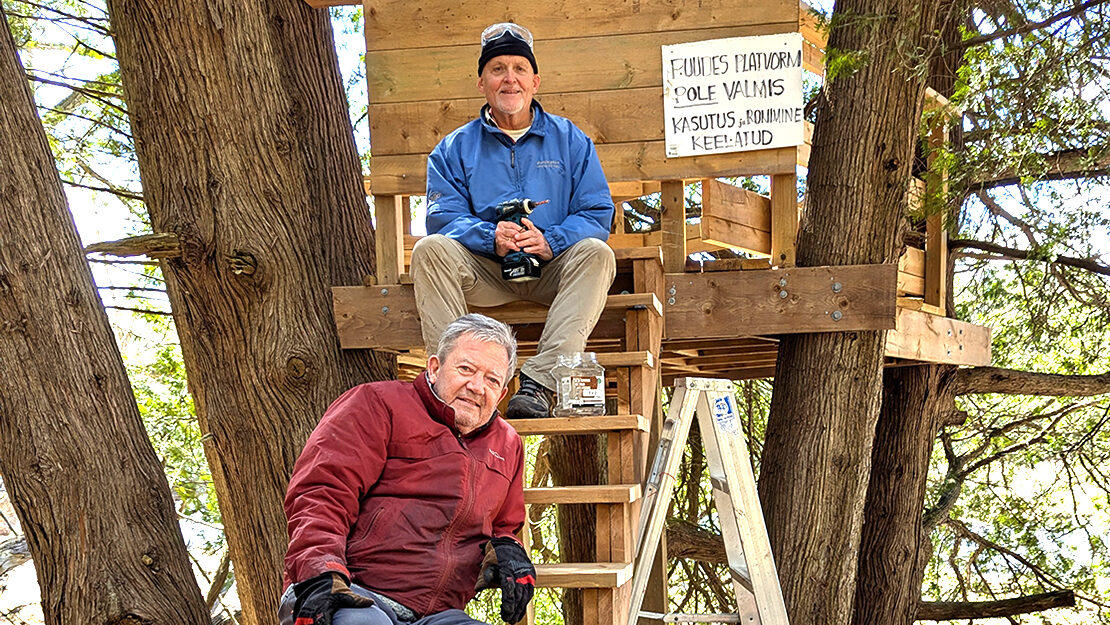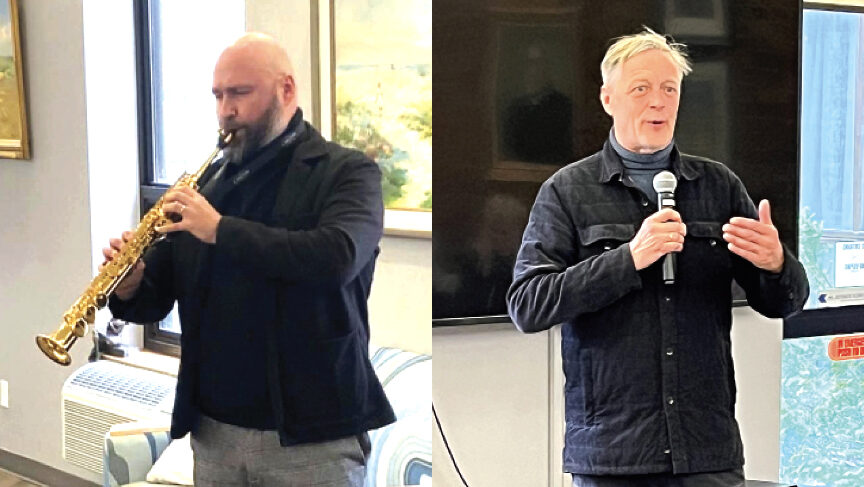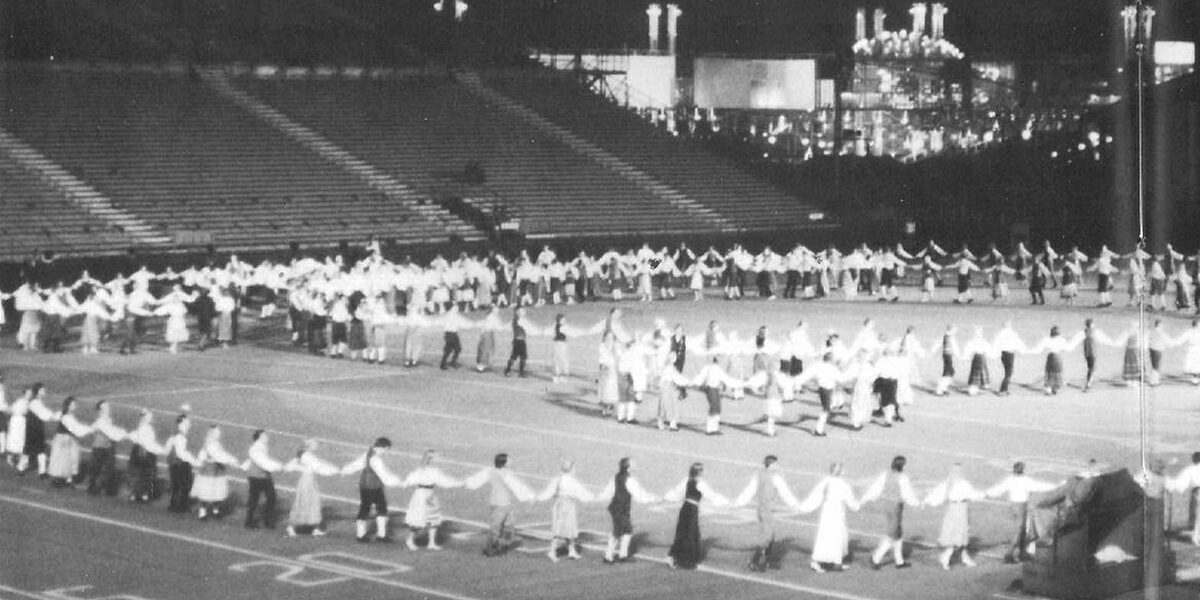At what stage is the due diligence of the project? When can we expect a go-no-go decision?
The due diligence phase of the project continues and is nearing completion. This important phase entails identifying sources and uses of funds, examining long-term sustainability and determining the over-arching legal structure for the Centre. Legal issues include operational structure of the Centre, governance and tax management.
Planning documents for the new centre are being finalized for the City of Toronto and these will be simultaneously reviewed by the planning department and the Toronto Transit Commission.
Project Managers David Kalm and Rob Deutschmann, are also concentrating on developing a long-term sustainability plan for the new Centre. It is highly important that this work is undertaken to ensure the viability of how the Centre will operate and that it is fiscally sound.
We have made significant progress in a very complicated process where we have had to adjust the anticipated timing of the due diligence milestones accordingly as we deal with the requirements of various departments at the City of Toronto. We anticipate that due diligence will be complete within 60 to 90 days.
Why can’t we “fix up” the Estonian House on Broadview Ave.? Why do we need a whole new centre?
Similar to your personal decision regarding whether it makes more financial sense to renovate your house or to move, the decision to move from the Estonian House to Madison takes into account similar criteria. Questions such as these are asked:
How much capital investment is required, and how long would it take to do the work?
• Based on the Pinchin report, the Estonian House requires$1.39M (plus HST and consulting costs) over the next 10 years. In 2012, Cushman and Wakefield, an American commercial real estate services company, estimated that fully renovating the existing house would significantly disrupt activities by closing the building down for at least 12 months, and cost over $4.5 million.
How much money is generated from the operation of the Estonian House, and is it possible to obtain a loan to do necessary repairs and renovations to modernize the building, and make it more attractive to renters?
• Currently, the Estonian House does not generate adequate income to support borrowing for the necessary repairs, plus shutting down parts of the Estonian House while it is undergoing repairs would place an impossible financial strain on the organization. The Estonian House does not have the necessary reserves for capital repairs, nor does it have adequate income for extensive annual maintenance.
The Pinchin report, along with the Cushman and Wakefield report, are in agreement with other expert opinions over the last decade that the cost and time required to renovate the current Estonian House is prohibitive, and leveraging the proceeds from the sale of the Estonian House is the recommended option.
Where will the funds come from to build and operate the new centre?
The sources of funds for building the Estonian Centre on Madison will be from the sale of 958 Broadview, a capital campaign, and equity contributions from the founding organizations.
A Capital Campaign initial feasibility study is underway and a consultant has been hired to reach out to some members of the Estonian community. There has been a favorable response by potential benefactors. Interest has been expressed on naming rights for the centre.
While there has been speculation about financial shortfalls from community members who are not involved with the project, the analysis generated by the Estonian Centre project team is based on quotes received, and considers all sources of funds. The project team is working with professional consultants and architects, and has been provided with competitive estimates by several experienced contractors. The project team is following proper due diligence procedure to ensure that the new centre will be financially sustainable.
Tell us about the “green roof” proposed for the centre? Will the Estonian community be able to use it?
The green roof will be a feature of the new centre’s design. At the last information session, Alar Kongats, the project architect, explained that the City of Toronto strongly encourages the development of green roofs, as the city has a serious issue with stormwater drainage, and this helps facilitate the runoff. In addition, it provides an environmentally friendly feature that will include accessible and usable space for private use by the community.
Next session details: please come!
The third of four information sessions on the proposed development of a new Estonian Centre on Madison Avenue in downtown Toronto will take place on March 14th at the Estonian House.
Consultants, volunteers and representatives from the four organizations leading the project (Tartu College, Estonian House, Estonian Foundation of Canada and Estonian Credit Union) will again be on hand to answer your questions and provide an update on new developments.
Sessions will be held at the Estonian House 7 – 8.30 p.m. on these dates
March 14, 2018
April 4, 2018
For more information, please go to estoniancentre.ca or email to info@estoniancentre.ca

